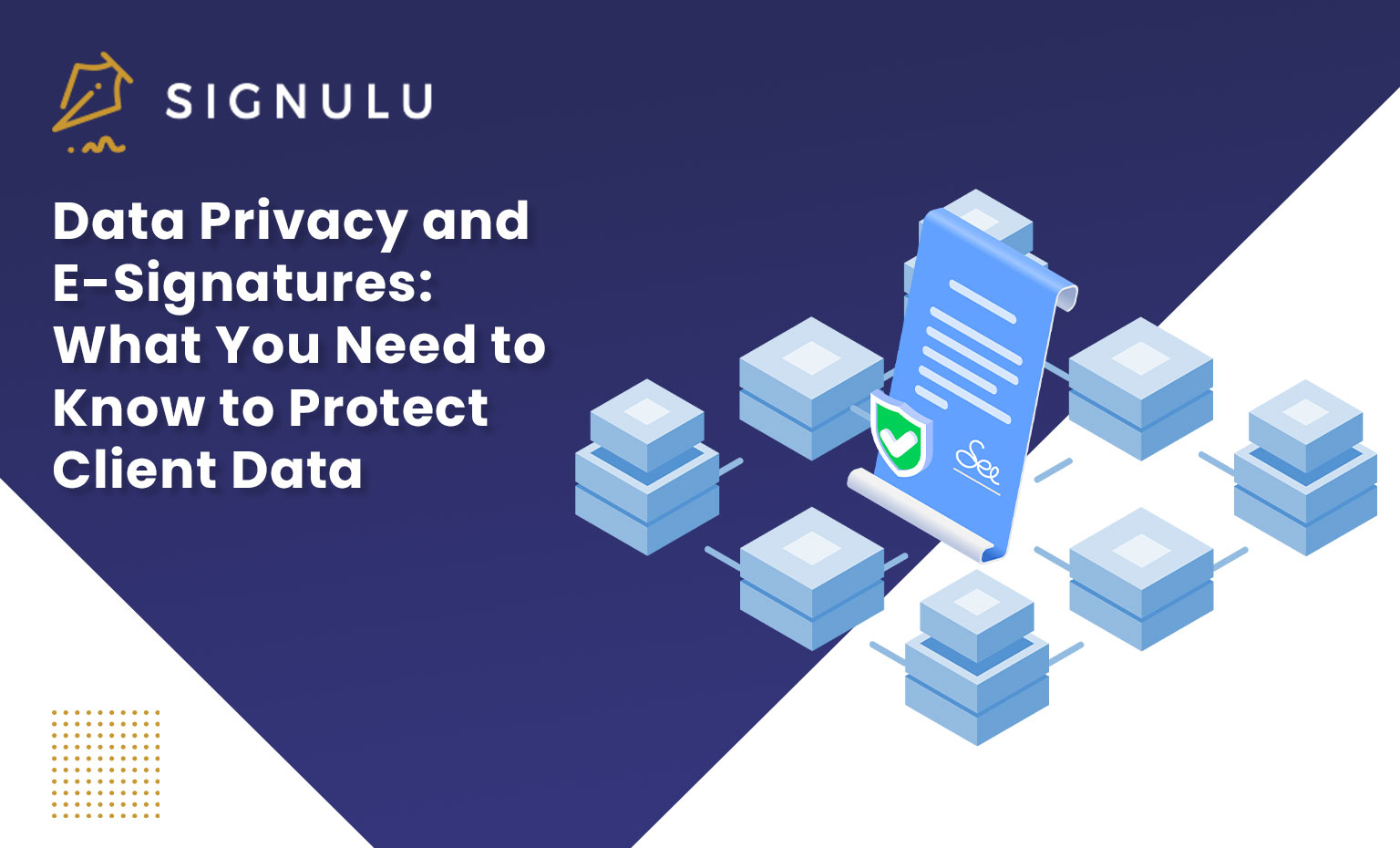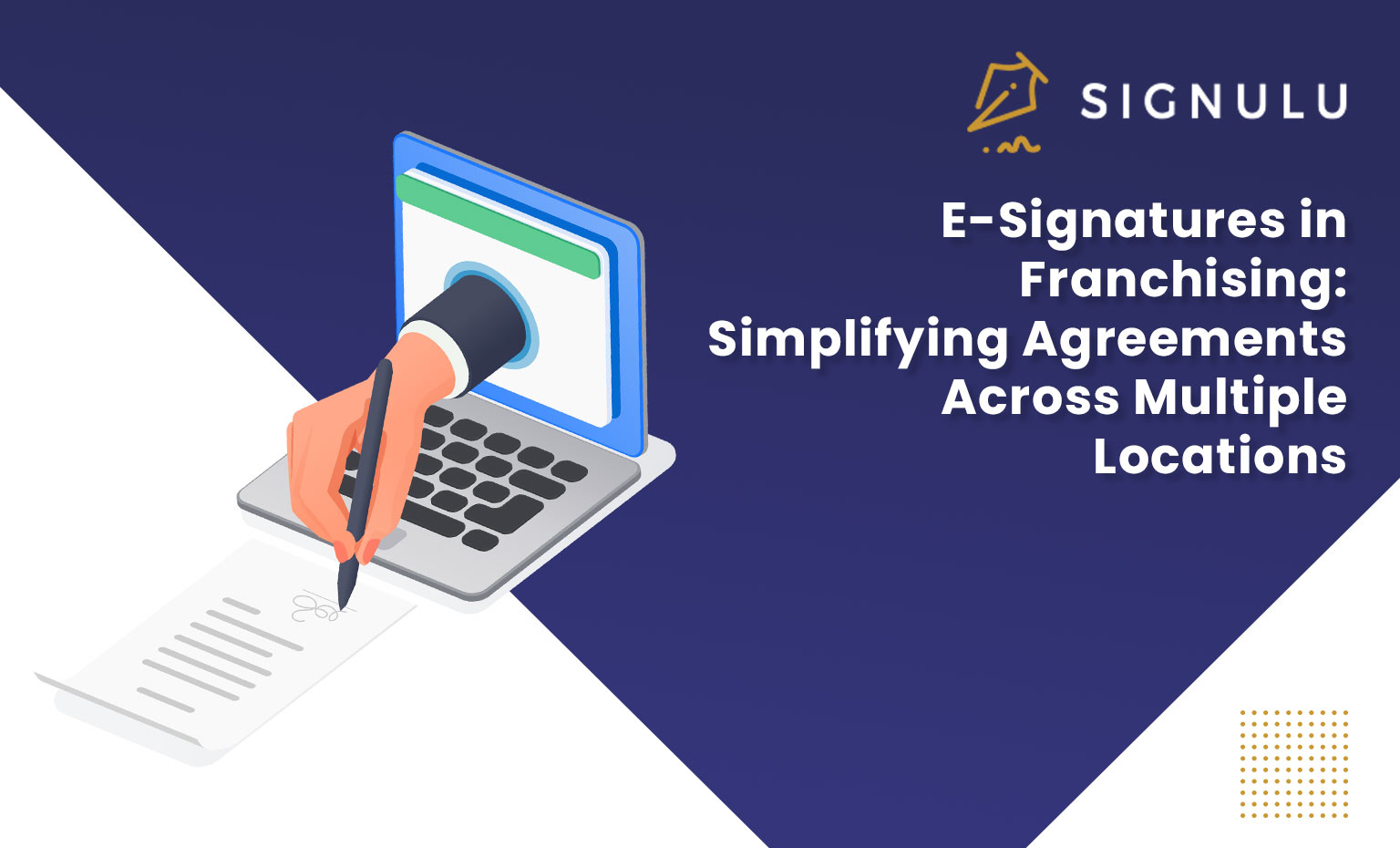Technology has changed the way businesses are conducted today worldwide. Any business that resists technology will not be around very long. The COVID-19 pandemic has proven that being able to transform your business in virtually a moment’s notice is vital for prolonged success. Digital transformation is no longer an option for businesses, but an absolute necessity. Companies that use digital solutions versus manual processes are proven to be 26% more profitable according to a Capgemini study.
One of the areas many businesses are beginning to prioritize on their transformational journey is alleviating as much administrative paperwork as possible. Not only by reducing the number of forms and riders they use on a daily basis but in how they handle and transmit these documents to all necessary parties. As such, many organizations have adopted digital eSignature solutions that enable them to more quickly, efficiently and inexpensively send documents and secure authorizations. With most businesses having transitioned to remote work environments, such capabilities are more important than ever before.
However, one of the biggest reasons why some businesses have not implemented such a platform is they have reservations about the legality of eSignatures as opposed to the traditional “wet” signature. Worry no more. This blog will walk you through everything you need to know about the eSignature laws in the United States and why a tool like Signulu carries as much validity as an inked signature.
The legal status of eSignatures in the USA
The governing legislation for eSignatures in the USA are the ESIGN Act and UETA. Standing for United States Electronic Signatures in Global and National Commerce Act (ESIGN Act), and The Uniform Electronic Transactions Act (UETA) respectively, these national eSignature laws guide and govern the legality of eSignatures in the USA.
Adherence to the ESIGN Act makes all eSignatures fully legally binding and enforceable in the court of law. Additionally, the Uniform Law Commission drafted UETA in the year 1999 which provides a legal framework for the use of eSignatures in different states across the USA.
The UETA has been adopted by 47 states, the US Virgin Islands, the District of Columbia and Puerto Rico. New York, Washington and Illinois have not adopted UETA but have alternative similar statues validating eSignatures. Thus, regardless of what jurisdiction you live in -eSignatures are as legally binding and enforceable as traditional wet ink signatures throughout the USA.
What do the ESIGN Act and UETA establish at large?
The eSignature laws are designed to:
- Establish that any document with a signature requirement can be satisfied by an eSignature and is fully legally enforceable in the court of law.
- Prevent denial of validity of eSignatures on documents solely because the signature is in an electronic form. This safeguards the interests of eSignature users and solidifies the validity of eSignatures.
- Allow electronically signed documents, agreements, contracts or deeds to be presented as a proof of evidence in the court of law.
What are the factors that make eSignatures legal in the USA?
For a eSignature to be legally binding, the following requirements need to be met:
1) Intent to sign
Just like traditional wet ink signatures, an eSignature is valid only when the user demonstrates a clear intent to sign the document. Signulu allows users to opt out of e-signing documents anytime by having an option to ‘Decline signature requests.’ This way, it is clear that every user who has e-signed a document has done it willfully, showing their intent to sign.
2) Clear consent to do business electronically
The respective parties of a transaction or a document might show a clear consent to do business electronically, either expressly or implicitly. All eSignature softwares that abide by the ESIGN Act prompt their users to confirm their consent to do business electronically before they sign. Signulu which is compliant with all major eSignature laws including ESIGN/ ITA-2000, sends such prompts before any user confirms their authorization.
3) Clear indication of signature attribution
Just like traditional signatures, the context and the circumstances under which a signature is procured becomes relevant while determining the legal status of a signature. For eSignatures, this indication of signature attribution is carried by a detailed audit trail, which is provided to all users. This trail can track everything from a signer’s mail ID, to device IP address, and the signature timestamp – giving a clear picture of who signed the document as well as, where and when they did so.
4) Retention of records
eSigned documents need to be retained for future references or purposes, as required by the ESIGN Act. These records must be maintained in a manner that is accurate for reproduction on a later date. Signulu allows you to store all your eSigned documents in one place, or even download your signed documents on the go, and save it for all future references. Signulu also integrates with popular cloud storage providers OneDrive, Google Drive and DropBox, making archiving of your documents all that much easier.
Signulu adheres to the governing laws of ESIGN Act and UETA, making your eSignatures fully legally binding and enforceable. You can have the complete confidence of compliance with all the relevant eSignature laws when you choose Signulu as your eSignature solution. Give it a try today with our FREE 14-day trial and begin using electronic signatures with confidence!
Still have questions/concerns? Give us a call at (609) 642-1632. We are here to help.











